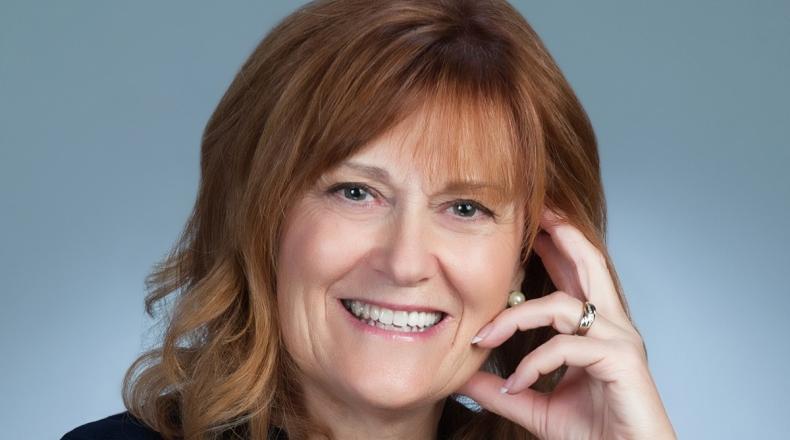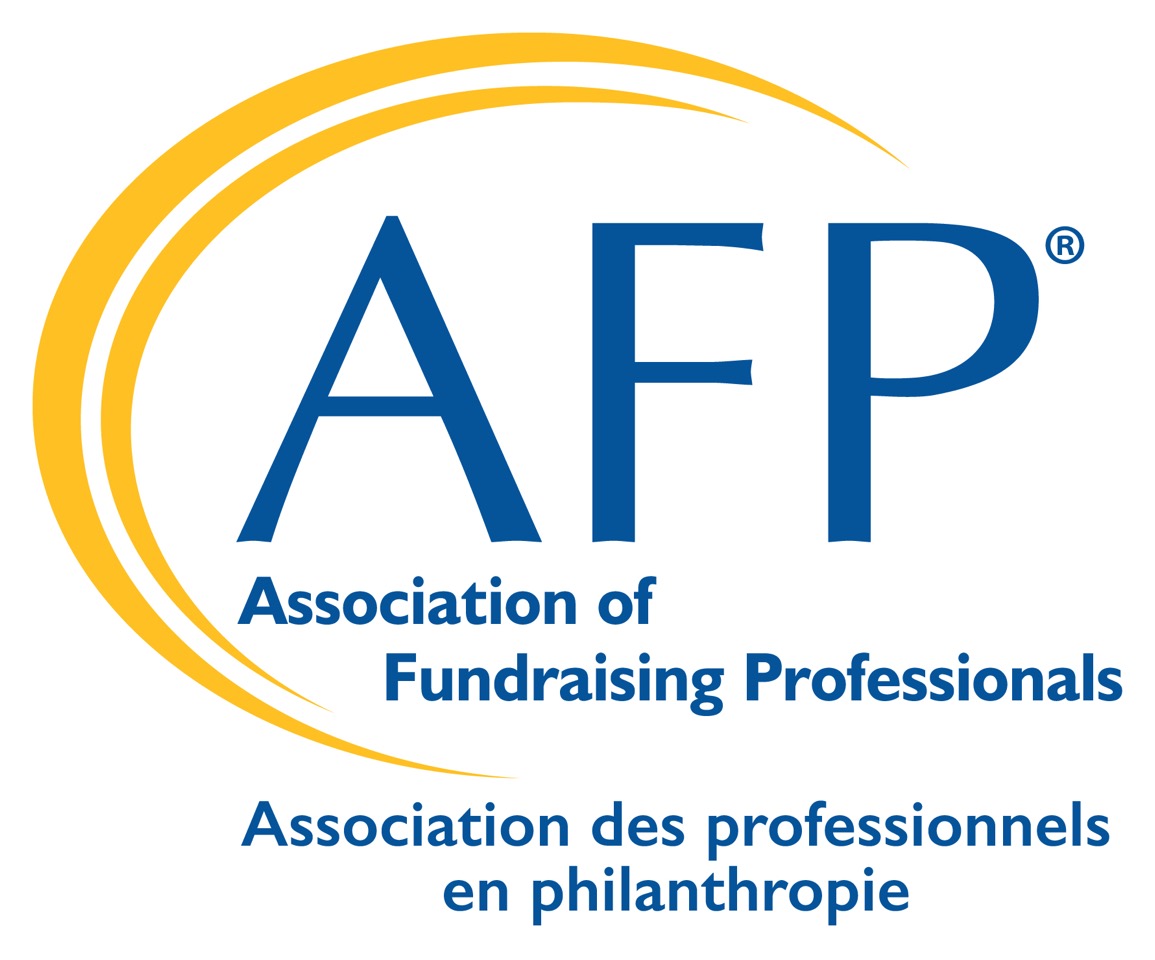A Seat at the Table

Vivian Smith, CFRE (pictured bove), has been sitting on the Technical Issues Working Group (TIWG) of the CRA on behalf of AFP for almost a year.
TIWG provides a forum to “discuss trends and technical issues in the charitable sector, in order to explore workable solutions” and plays a role in advising the Canada Revenue Agency (CRA) on issues related to the regulation of registered charities and other qualified donees. The group meets twice a year and AFP is one of the groups with a designated seat at that table.
Smith was appointed last December and had her first in-person meeting with the group in January and a virtual call in June 2020.
She got involved initially when the CRA staff person responsible for organizing TIWG reached out to AFP to seek someone from the organization to sit on the committee. AFP leadership reached out to Smith, who had sat as an officer on the Board of Directors for AFP Global from 2012 to 2018. Professionally, Smith had been the executive director of Langley Memorial Hospital Foundation, served as vice president at DVA Navion in the early 2000’s and has run her own consultancy (Liberty Quest Enterprises) for close to 23 years.
“The work of TIWG has been re-focused thanks to COVID-19,” she says from her home base in the Greater Vancouver Area, “and how charities can best comply with the Income Tax Act, while still doing what they need to do in very difficult times.”
She says TIWG recognized the challenges facing the sector, in particular, the issue of fundraising expenses. One of the concerns raised by the government relations committee at AFP was how charities might be affected by CRA’s fundraising cost guidelines if organizational revenue drops off significantly because of the pandemic but expenses continued to be incurred.
“What we heard from CRA was that they don’t look at one year’s fundraising expenditures in isolation. They look at them over a period of time,” says Smith. “AFP and its members can take comfort in the fact that CRA is onside when it comes to expense ratios and assisting charities.”
CRA also wants to use the pandemic protocols to take advantage of the virtual learning moment. The agency is committed to helping charities comply with the Income Tax Act through a series of online webinars and workshops.
One of the other issues that is on the table for discussion in 2021 is that of charities and reserves.
“In the private sector,” says Smith, “reserves are seen as a good thing. But with charities, it’s very mixed. How can charities build reserves and continue to fundraise? There is a difference between raising money for necessary operating reserves and sitting on piles of money.”
Each member of the TIWG is asked to sit on the committee for two years. At the beginning of their tenure, members are surveyed about the issues they think are important and the two-year agenda for the group is compiled where there is common ground among members. The agenda is very much driven by the members, says Smith.
There will be a virtual meeting in January of 2021, and there have been discussions around charities closing. “Members of the committee agreed there is not necessarily anything we can do about it,” says Smith. “But it’s been identified as a challenge and CRA can use its discretion to provide assistance to organizations that are unable to meet all the regulatory requirements due to the pandemic.”
There are also other issues the sector will need to deal with, says Smith.
“People are accelerating their retirement plans. We’ve been talking about the leadership gap for a while now and those at the end of their career are moving to retirement more quickly, thanks in part to the pandemic. There is a large cohort who have been in the sector for five to ten years and this gap in leadership and extensive experience may impact the performance of charities. For example, there’s a concern about the capacity of charities to meet regulatory requirements. If those moving into executive positions haven’t been given the proper training in the regulations that guide our sector, they may not be able to meet the requirements set by CRA. If charities do not comply, they will not be able to meet their mission.”
AFP provides many services to its members, says Smith. One of the least well known is how AFP is at the table with CRA discussing how charities operate and the rules that govern them through groups like the TIWG.
“The work being done at [TIWG] can be seen as a bit dry—it’s not the passionate part of our work—but it’s important that the AFP voice speaks on behalf of its members and that, in turn, benefits the sector.
“I enjoy that the committee gives me the chance to lift my head, to get out of the campaign plans and the strategic plans to look at the framework. And I love looking at the framework, and at the big picture—the law, charities and finance—and how they intersect. It’s such a great opportunity to learn.”
In addition to AFP, other representatives on the committee include four members from the Canadian Bar Association, two members of the Chartered Professional Accounts of Canada, and one member each from Imagine Canada, the Ontario Nonprofit Network, Canadian Council of Christian Charities, Department of Finance Canada and Carleton University’s MNPL program.





